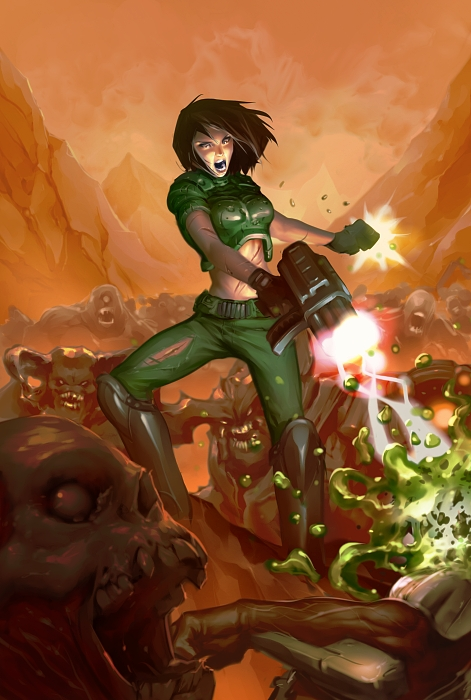Wow I didn’t realise the naked eye limit is that small.
So when we see that concentrated strip of stars across the sky (the “milky way”), is that just the Gould Belt, not one of the main arms?
Edit: no that can’t be right - we can see the LMC and SMC, both just beyond the edge of the galaxy…
As I understand, the naked eye limit is the limit in which we can see distinct stars and not just a bright blurr. E.g. the centre bulge is visible from the southern hemisphere is outside the naked eye radius in the map.
I’m not sure what part is more impressive… that stars are bright enough that we can see them fron 100s and 1000s of light years away, or that our eyes are able to resolve a pinpoint of light from that distance. Both angles are kinda mind blowing!
Ahh, makes sense.
Only just now it’s hitting me that when looking at globular clusters through a telescope, one is looking far, far beyond the single-star naked eye limit.
Is it also because the spiral is basically 2D, so from inside you can only see what’s basically 1D (aka the visible band of the Milky Way)? We would literally not have the perspective to see very much the rest of the galaxy in our sky.
Amazing, too, that the Andromeda galaxy is so bright that we can see it from our galaxy.
The Great Attractor kinda sounds bad
There are some good articles explaining it but the tldr is it was named when we were unable to see through the galactic plane to what was exerting such an enormous amount of gravitational pull on everything.
(Even more tldr: It’s a galaxy supercluster with another, unbelievably large galaxy supercluster behind it all lying in an area of space obscured to us by our own galaxy)
There’s a yo mama joke there somewhere… I’m certain of it
perhaps if we zoom back some more…
He’s responsible for the 1977 blackout in NY. Reference
I wish it had a glossary, but pretty cool even without
I’m just happy we don’t share a quadrant with the Borg.
…yet.
What’s the zone of avoidance at the top?
Is it just what is obscured by the center?
that’s the gamma quadrant.
Area of sky obscured by the milky way.
Don’t you tell me what’s beautiful!
Sweet picture btw
I don’t see the Spinward Marches marked on this one
Can I buy this as a poster somewhere? I love maps, and somehow don’t have any space maps hanging up.
Don’t want to assume where you live, I found several available as a poster/print by searching “Milky Way Galaxy Map Poster”
(“google it” is often a scornful response, please know that is not my intention here.)
Thanks, I’m saving it in case I get lost one day.
deleted by creator





